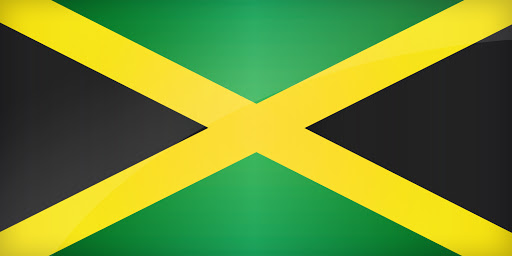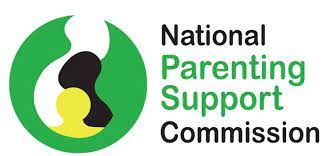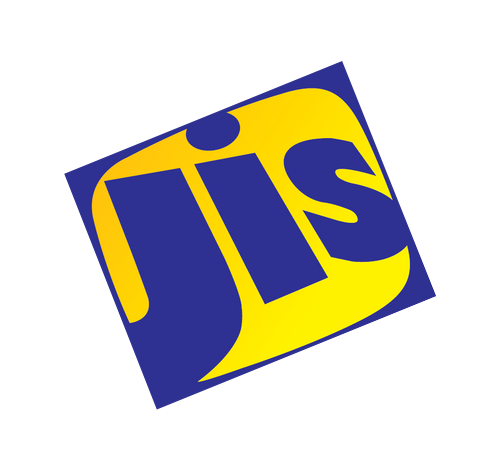The National Parenting Support Commission (NPSC) helplines have been operational for one year, and according to Chief Executive Officer (CEO) of the organisation, Kaysia Kerr, the initiative is still focused on making an impact on the lives of those who reach out to the agency for assistance.
“We do not get caught up with the uptake in terms of the number of calls, which is still under 1,000 a year later. We realise that one call does not serve one person, one call serves several members in a household, which means the impact of one call extends beyond the immediate,” Ms. Kerr tells JIS News.
“So when somebody calls, for example, to say they are having whatever challenge and the challenge is resolved, it redounds to the benefit of the household,” she adds.
The helplines, which went live on April 6 of last year, were established in partnership with the Victoria Mutual (VM) Foundation, United Nations Children’s Fund (UNICEF) and the Fight for Peace organisation.
The NPSC, through its helplines, offers psychosocial support to parents across the country who are having challenges navigating the ‘new normal’, due to the COVID-19 pandemic.
“What I like about the helplines is that when people call they do get answers more immediately than they would have [if] they tried to navigate the different processes and different desks,” Ms. Kerr notes.
She underscores that the helplines have also simplified the bureaucratic process for persons who call seeking assistance.
Ms. Kerr says the Commission has started the process of institutionalising the helplines in order to make it a mainstay of the organisation, rather than just a response to the COVID-19 pandemic.
She notes that the helplines are no longer being manned by volunteers as they were last year, but will now be handled by NPSC staff members.
Last year, there were two helplines per parish, with the exception of Kingston, St. James, St. Ann, St. Catherine and Clarendon, which were given additional helplines.
“We have already retrieved all the instruments from the volunteers who were manning the helplines and they have been redistributed among our staff, so we are the ones now manning the helplines,” Ms. Kerr says.
For her part, Cheyenne Brown, a beneficiary of the initiative who sought assistance last year, tells JIS News that she called to get advice on how to navigate the process of online schooling for her young son.
“I am not computer literate to an extent, because I did not know about the Zoom [application] classes and so on, and how to access them. It was hard when [the pandemic] just started, but I called the helpline and they were able to give me tips and support,” the St. James resident says.
“Now I am able to navigate [the applications] myself. It’s really nice to know that we have that kind of help on our little island,” Ms. Brown adds.
Parents who need support are encouraged to call the helplines’ Digicel numbers at 876-560-9503 and 876-560-9336 or the Flow numbers at 876-788-5468 and 876-788-5371.
Persons may also call the NPSC at 876-560-9272 if they are having difficulties getting through to any of the helplines.
Meanwhile, Ms. Kerr tells JIS News that the onset of the COVID-19 pandemic last year presented an opportunity for the Commission to reformat some of its programmes and ensure that they are now compatible to be delivered over the virtual platforms.
“So, we are doing a lot of parenting education virtually and this is a positive, because this means that there is no boundary in terms of geography. We get to engage far more persons across the country in real time,” she notes.
“Now, the time we would have spent driving to a particular location, we get to do several locations in the same timeframe. So, that has been a plus and that is a model we are now going to ensure continues even after COVID-19,” Ms. Kerr adds.
Original article can be found on JIS



